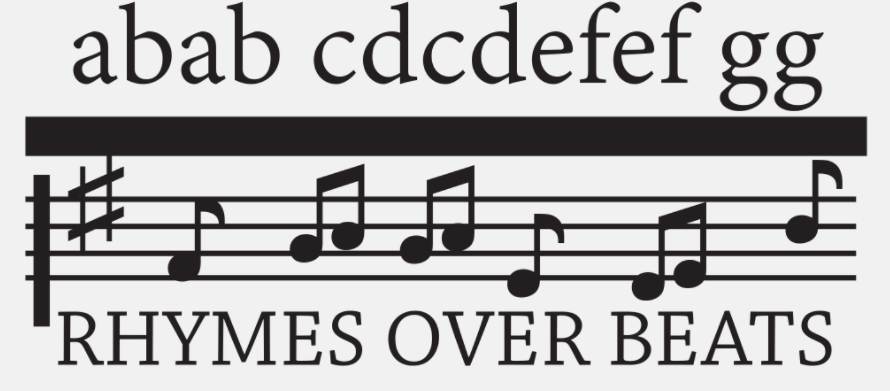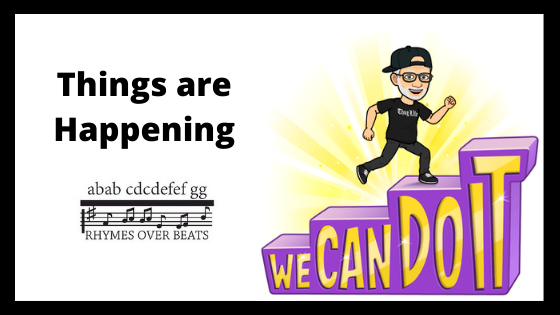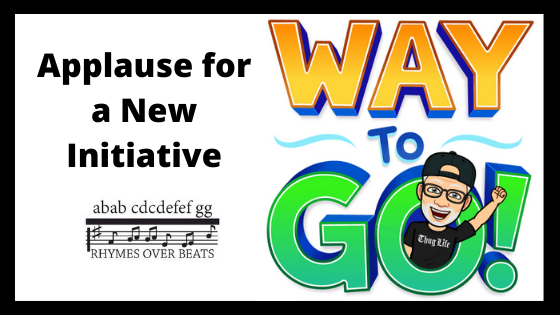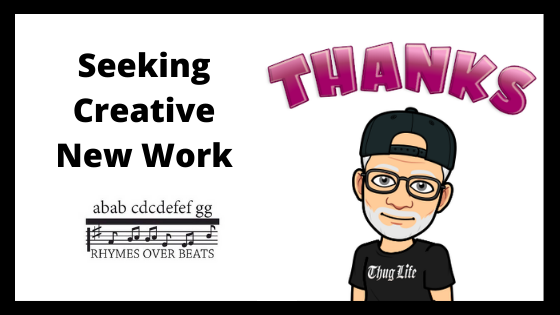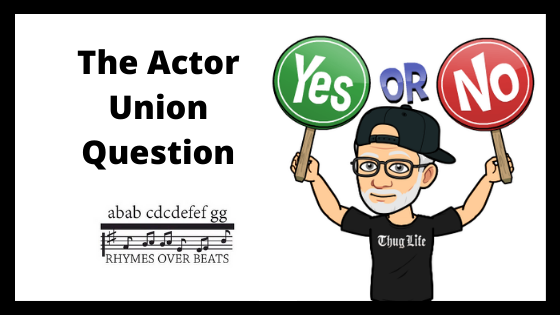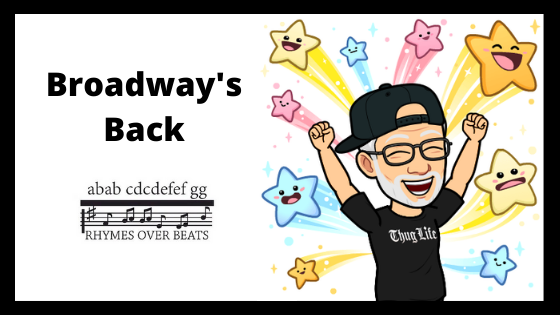
Broadway’s Back
And Pat’s Back too!
It’s been a while since I’ve had the opportunity to write a blog. Big things have been happening with Rhymes Over Beats that distracted me from writing a regular blog post. What they are will be the subject of upcoming blogs.
The blog for this week is about positive changes in the direction of theater in America.
Seven New Plays by Black Playwrights on Broadway
For the first time in history, seven new plays by black playwrights will be making their debuts on Broadway. The plays are:
- Pass Over by Antoinette Chinonye Nwandu
- Lackawanna Blues by Ruben Santiago-Hudson
- Chicken & Biscuits by Douglas Lyons
- Thoughts of a Colored Man by Keenan Scott II
- Trouble in Mind by Alice Childress
- Clyde’s by Lynn Nottage
- Skeleton Crew by Dominique Morisseau
Please, if you are in or planning to visit NYC, go see each and everyone of these productions. These productions made it to Broadway not only because they are good plays, but also because they had support from the community.
With individual show budgets in the millions, a producer needs many high net worth individuals to invest in a show to make it happen.
One of the exciting recent developments is the increasing monetary support of shows by black playwrights.
If you are a high net worth individual we would encourage you to become a Broadway investor.
If you are one who made your money by writing, producing, or performing hip hop, we would especially encourage you to join with us and make hip hop the dominate form of the Broadway musical.
